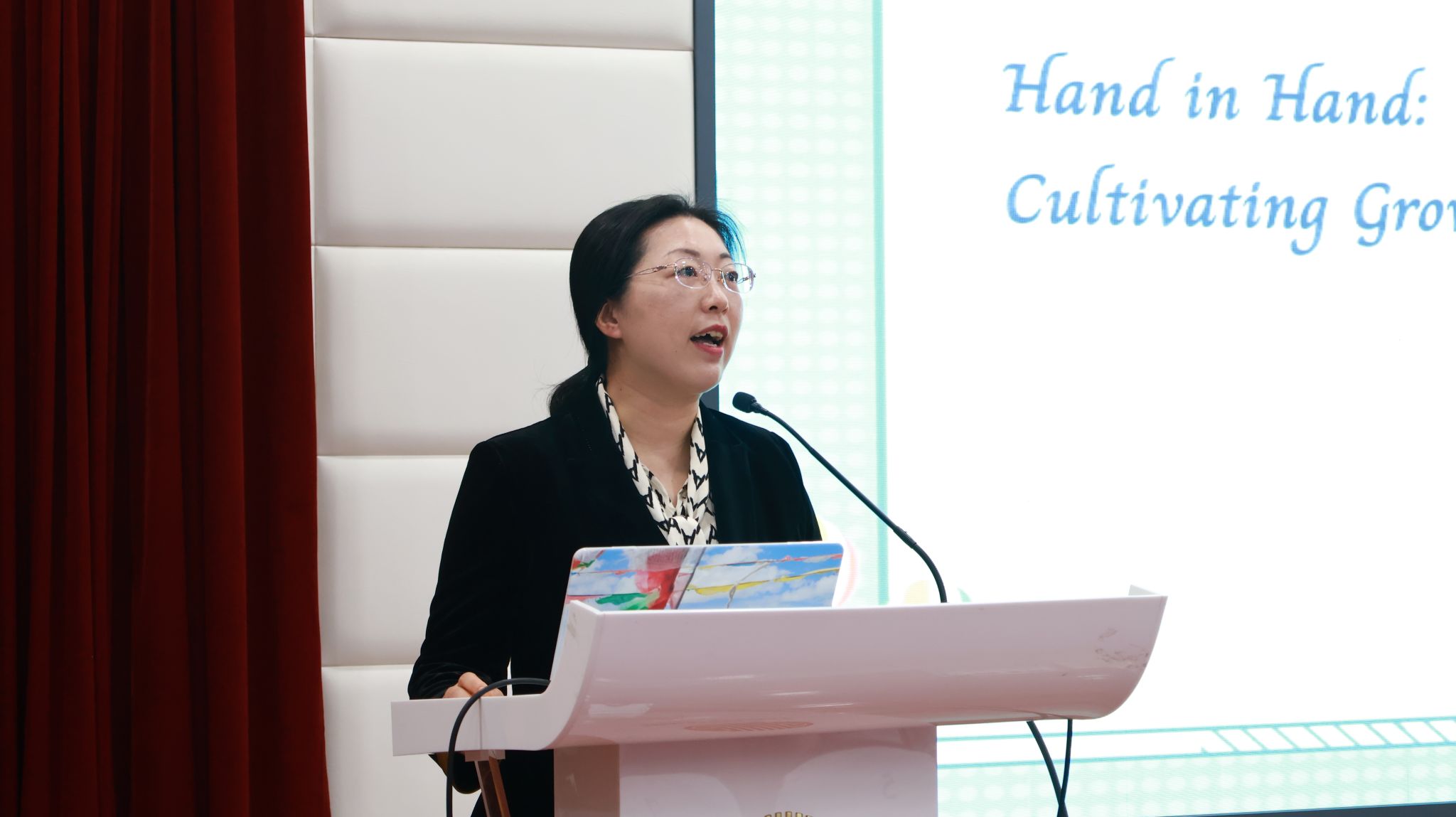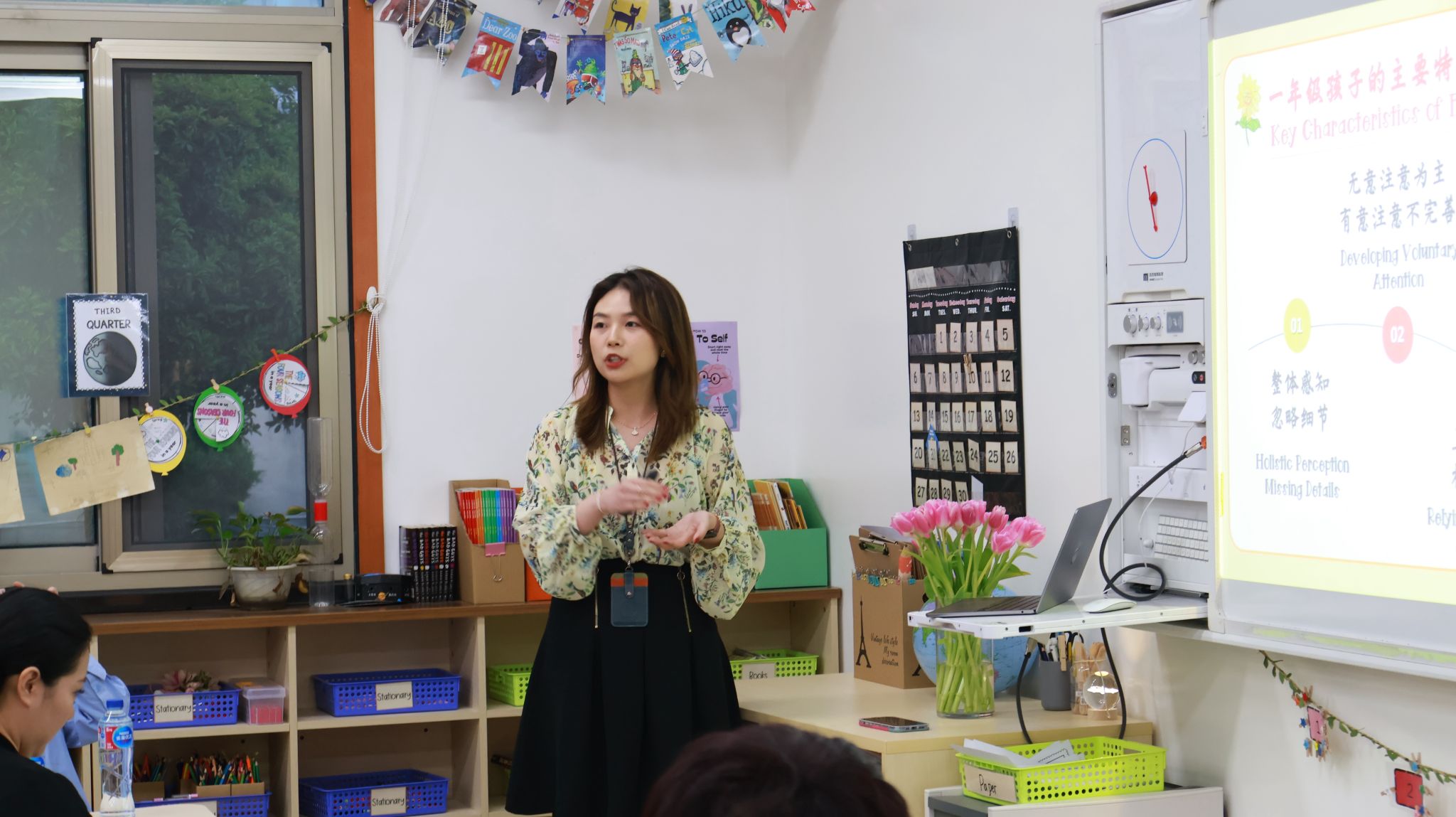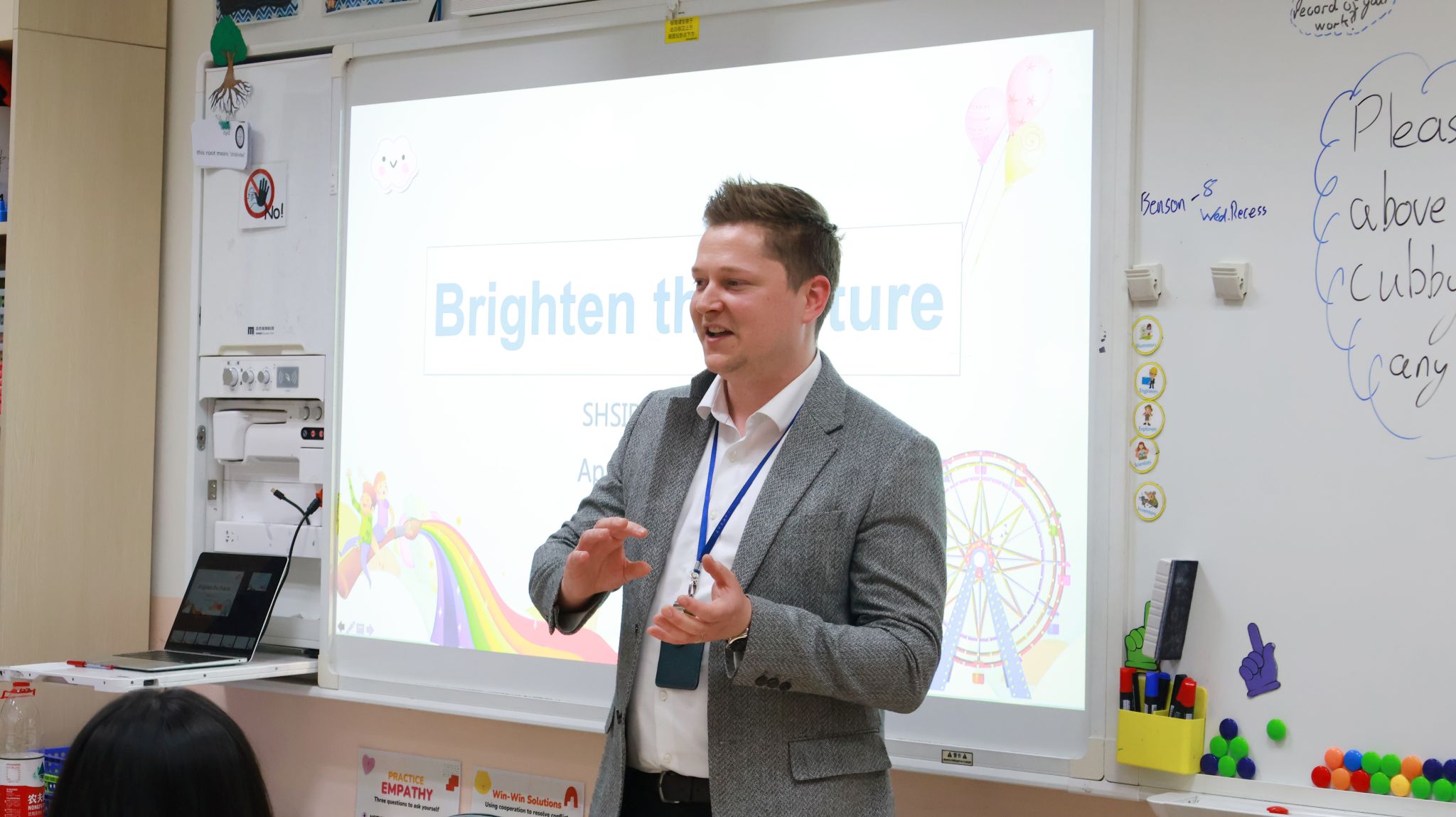-
ABOUT US
-
ACADEMICS
Curriculum Program
Departments
- English
- High School Chinese
- Primary and Junior School Chinese.
- High School Mathematics
- Middle School Mathematics
- Primary School Mathematics
- Music and Fine Arts
- Physical Education
- Physics
- Chemistry
- History and Geography
- Physical Science and Optional courses Department
- Middle School Biology
- High School Biology
- Social Sciences
- Computer Science
- Courses in Primary School
Achievements and Matriculations
College Counseling
Science & Technology Innovation Contest
-
ARTS
-
ATHLETICS
-
AT SHSID
SHSID ∣ TIMES
PTSA
Club Exhibition
- 龙吟社
- Live 2 Drama
- Choir
- Hip-pop Dance Club
- The Primary School Dance Troupe
- Symposiums Club
- Biology Workshop
- You Shan
- VEX Robotic
- Peking Opera Club
- Baseball Club
- Model United Nations
- The World Scholar’s Cup
- Future Problem Solving Club
- United States Academic Pentathlon
- OM Club
- AMC Club
- Music for Patients
- SHSID Gazette
- Smile Charity
- Cultural Moments
- SciAcademy
- Stem Doge Alliance
- Chinese Debate Club
- IAA
- Mock Trial Club
- Zhengming Club
- Art-to-zine
- Bananaheads
- Electronics
- Furry Friends
- GT-Racing
- MCG Philharmonics
- Village Radio
- IMMC Club
- Creative Design and Intelligent Fabrication
- Future City Research Project
- ECOCAP
- AdvocaSEA
- SPDC
- Medishine
- Floorball Club
- Animusic MTC
- Wings Up
Health and Wellness
Campus Safety
Cafeteria Service
-
ADMINISTRATION
-
ADMISSIONS
-
ALUMNI
Alumni Information
Honors Students
- Class of 2024
- Class of 2023
- Class of 2022
- Class of 2021
- Class of 2020
- Class of 2019
- Class of 2018
- Class of 2017
- Class of 2016
- Class of 2015
- Class of 2014
- Class of 2013
- Class of 2012
- Class of 2011
- Class of 2010
- Class of 2009
- Class of 2008
- Class of 2007
- Class of 2006
Who Studied at SHSID
SHS Foundation
-
DOCUMENTS
Puxi Campus G1-3 | Co-education, Co-shaping: Home and School Flourish Hand in Hand, Empowering Growth
From April 7 to April 10, the Puxi Campus of Shanghai High School International Division held parent conferences for Grades 1 to 3.
Each grade centered on a unique theme:
Grade 1: Building a Bridge to Independent Learning
Grade 2: Nurturing Curiosity, Fostering Growth
Grade 3: Unlocking Growth and Success
Though varied in expression, the three themes share a unified vision — championing the school’s student-centered philosophy and its commitment to setting developmentally appropriate goals at each stage of a child’s journey.
Section One: Exploring the Path of Education through Home-School Partnership
At the beginning of the parent conference, families gathered in the primary school auditorium to hear from teachers across subjects including Chinese, Mathematics, English, Science Social Studies, Music, PE, and Art.
Teachers provided an overview of the curriculum and elaborated on how each subject contributes to fostering independent and self-directed learners. While outlining the learning objectives, they shared concrete classroom examples that illustrated how strategies such as project-based learning, group collaboration, and interdisciplinary integration help spark students’ intrinsic motivation and boost their initiative in learning.
In addition, parents received practical guidance on how to support learning at home, ensuring a strong and effective partnership between home and school.
Next, Ms. Zhang Yi, Director of SHSID Puxi Campus Grade 1-3, delivered a speech. She began by highlighting recent initiatives such as the mental health curriculum and the Charity Fair, using them as entry points to introduce how the school fosters student character and pursues the moral goal of cultivating responsible global citizens. Ms. Zhang emphasized that this goal goes beyond character development—it serves as a vital pathway for integrating moral education into curriculum, activities, and home-school collaboration.
She then introduced the upcoming campus open day, providing parents with guidance on how to observe and engage meaningfully. Looking ahead to the student-led three-way conferences scheduled for the end of the semester, Ms. Zhang outlined the many benefits of this format—particularly its power to enhance communication and collaboration among students, teachers, and parents, and to support students’ all-round growth.
To conclude, Ms. Zhang offered three tailored suggestions for home education at each grade level, calling on parents and teachers to walk hand in hand as warm companions, wise guides, steadfast supporters, and proactive co-builders in children’s growth.
For Grade 1, she encouraged parents to help children develop good habits and improve their self-care abilities, while also attending to their emotional changes and nurturing social skills—serving as positive role models and providing meaningful companionship.
For Grade 2, parents were advised to consolidate their children’s study habits and foster an awareness of self-directed learning. Emphasis was placed on enhancing time management and problem-solving skills, while supporting their personal growth and interest development without falling into unhealthy comparisons.
For Grade 3, she stressed the importance of improving learning efficiency in preparation for Grade 4, managing anxiety, and setting realistic expectations. Ms. Zhang also highlighted the continued importance of home-school collaboration to ensure that students make steady progress in both academic achievement and personal development.

Section Two: Igniting New Educational Perspectives through Home-School Collaboration
To conclude the event, parents proceeded to individual classrooms for in-depth class-level meetings. Homeroom teachers led meaningful discussions on how to nurture independent and self-directed learners. Parent representatives also shared valuable insights on how to work in tandem with the school to create a supportive home environment.
Teachers centered their guidance on key areas such as habit formation, goal setting, and growth-oriented feedback, offering actionable advice rooted in daily practice. Practical suggestions included creating quiet study spaces, setting up learning schedules, and encouraging children to make their own choices—each aimed at fostering autonomy and intrinsic motivation.
Additionally, teachers emphasized the importance of patient and intentional parental involvement. They encouraged parents to approach their child’s development with a holistic, objective, and growth-oriented mindset—one that values not only current academic performance but also long-term progress, recognizing effort and growth across all domains of learning and personal development.


Through the parent meetings, the lower primary division offered a comprehensive presentation of the school’s educational philosophy, clearly articulated its student development goals, and highlighted the distinctive features of each subject area. The event served as a meaningful bridge, fostering deep communication and collaboration between the school and families.
The successful hosting of these meetings has laid out a clear roadmap for continued home-school partnership. Looking ahead, the division will continue to refine its teaching practices and to initiate more diverse forms of collaboration with families, further strengthening the connection between home and school—empowering every child to grow steadily into an independent learner and a responsible global citizen.
Written by Sun Yini, Zhang Yi, Lin Yu, He Yixin, Zhang Yuanjing
Proofread by Chad Higgenbottom
Pictures by Li Siying, Homeroom Teachers